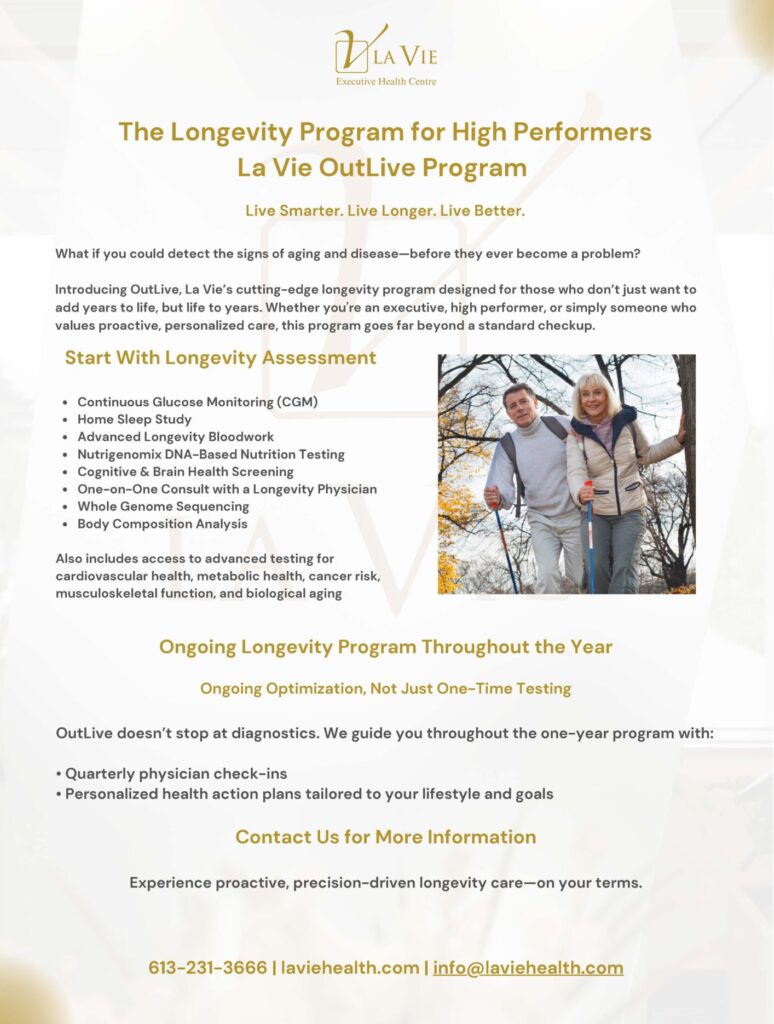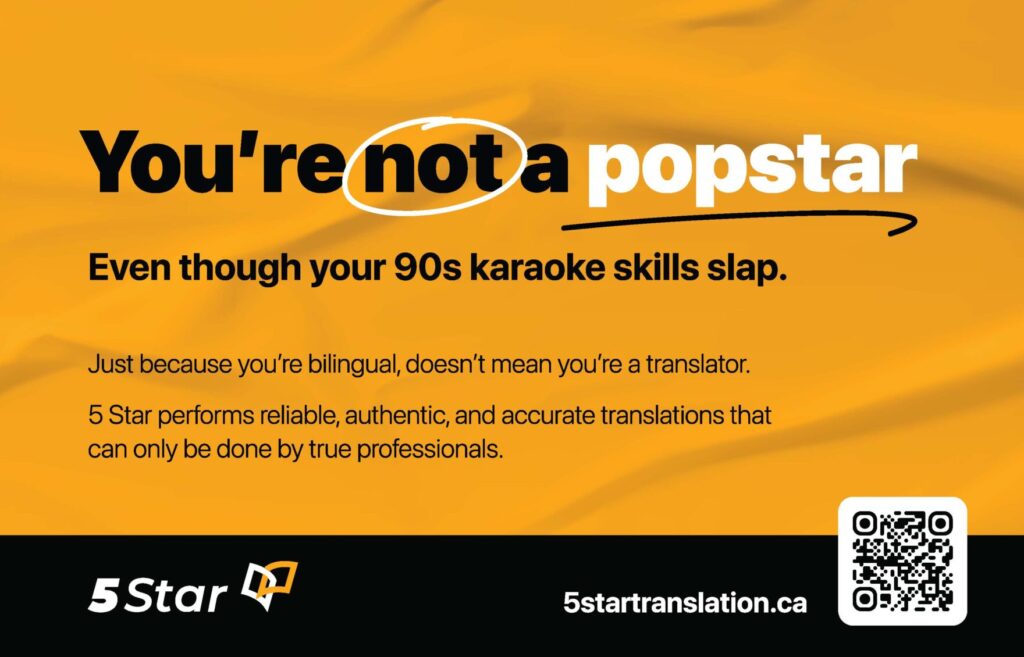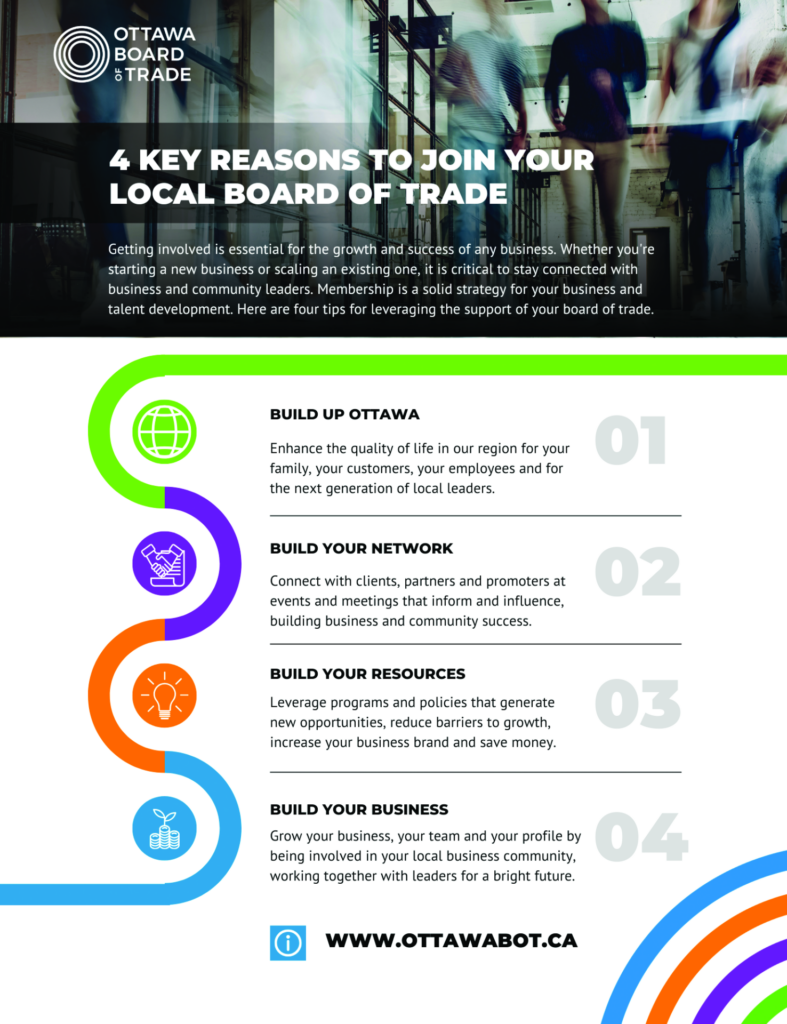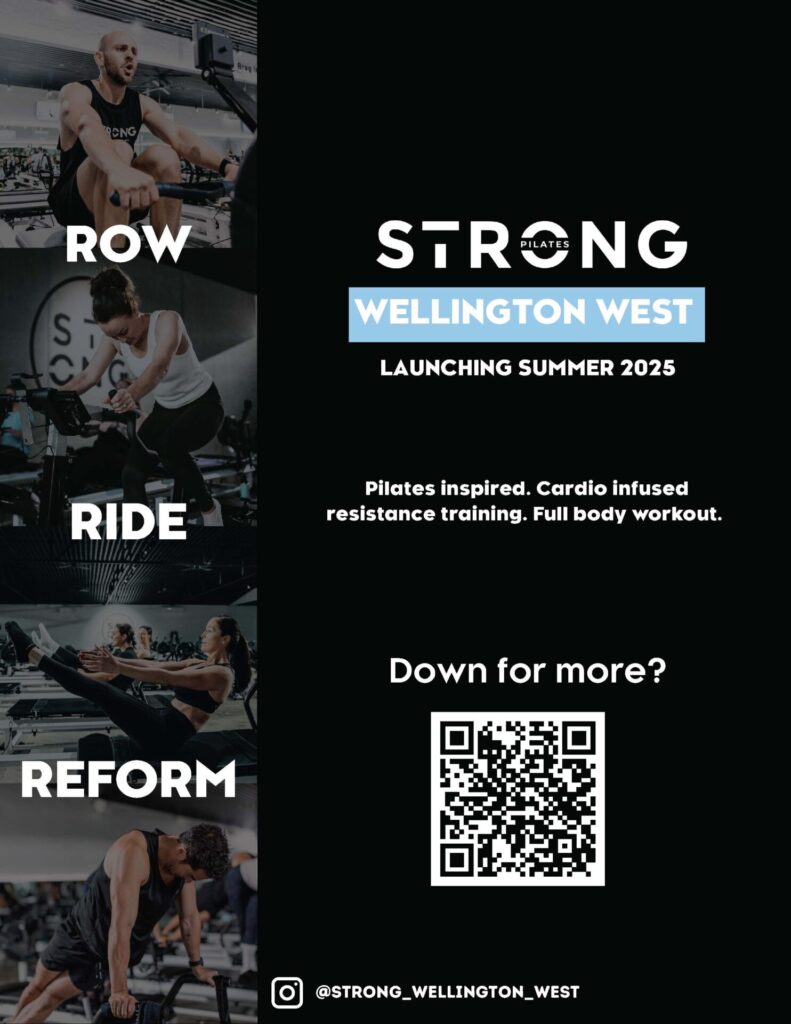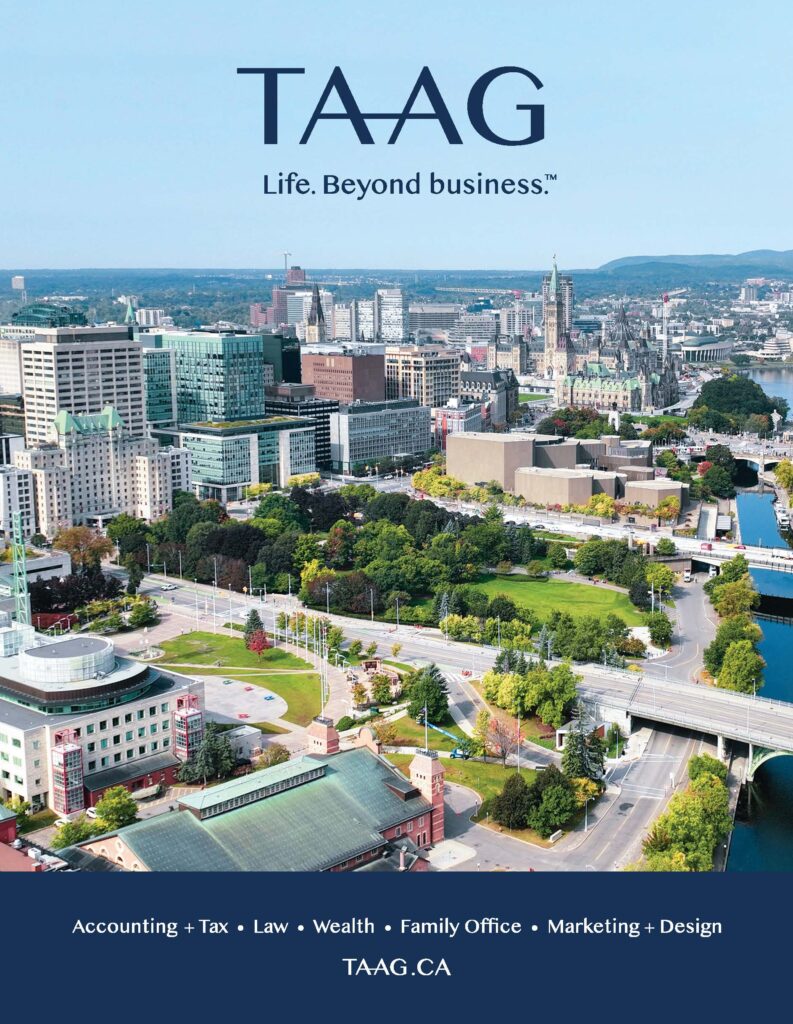Community Collaboration for Future Talent

In April 2020 at the onset of COVID, the Canadian Career Development Foundation identified that our sector had evidence-based strategies and tools to help individuals navigate difficult and complex transitions in their lives. After 25 years, as an approved service provider for supported employment with the Ontario Ministries, Performance Plus Rehabilitative Care Inc. (PPRC) is well positioned to support employers and employees with a quicker economic recovery. In these difficult times of diminished employment, rising mental health challenges and concern for inclusive workplaces, we have the knowledge, experience and awareness tools to assist people to make successful and sustainable transitions to the labour market.
A 2018 study from Randstad Canada suggested that the workforce of 2025 will be comprised of agile workers who have up-to-date knowledge, experience and the ability to be flexible and quickly adapt to the job. Deloitte’s 2018 Global Human Capital Trends report describes that in the new environment “21st Century careers can be viewed as a series of developmental experiences, each offering an opportunity to acquire new skills, perspective and judgement”. The shift from thinking about a career or jobs will be towards addressing challenges and problems. We are experiencing this now in the environment of COVID-19. PPRC has been utilizing the Employment Readiness Scale (ERS) with persons with disabilities since 2010. We have gathered evidence during those ten years and the data indicates 75% of job seekers who enter supported employment services are Not Ready.
“Embedded in the ERS is an outcome-validated measure of Ongoing Career Management and the data has verified that this is the lead factor with which most individuals seeking employment were not self-sufficient.”
Job search interventions were shown to be the most promising to strengthen the ability to manage work life changes. The management of change in one’s work life can be addressed by the principle of lifelong learning. The individual has to be able take ownership and be willing to take some risks as new job tasks are tried.
PPRC helps individuals make a significant shift to be successful. Through virtual coaching strategies, our job seekers learn and prepare for their job search, so they can do this independently in the future. Teaching them how to evaluate labour market trends for alignment with their values and identifying the individuals best learning processes are key strategies in helping to make decisions. Assessing their work life and risk-taking appetite is part of the PPRC strengthening values framework. Collaborative supports will be required to build community and framework structures that recognize the need for life skills and broader employability skills, to be able to self-market and work remotely. The collection and dissemination of labour market information on sectors and occupations with growing opportunities will need to be continually examined for trends. In 2021, the identified key areas of focus are; worker engagement, retention, mobilization, acquiring new skills and maintaining mental health. Resilience and work life success have never been so important as they are now.
According to Dr. Dorothy Riddle’s 2018 article on Resilience and Work Life Success, she describes the research that resulted in the development of the Employment Readiness Scale (ERS). The ERS data verified that individuals strong on Soft Skills were significantly better able to deal successfully with the stress from a range of life challenges. She underscored the importance of strengthening of social networks, and the critical importance of coaching individuals to maintain meaningful personal support networks. In essence, coping with life changes requires resilience along with the interpersonal and self-management skills of On-going Career Management.
The Conference Board of Canada identified in their Impact Paper of January 2021, that with emerging technologies in the coming decade, there will be a “premium on soft skills like empathy, communication, personal resilience” (“Responding to Automation”). PPRC job seekers have access to a range of self-directed Soft Skills courses. Combined with our LaunchPad initiative, PPRC can design industry-specific workforce programs that prepare vulnerable unemployed job seekers for specific in-demand skills based on the needs of regional employers, while building resilience, self-efficacy and confidence to support sustainable advancement towards career goals and labour market outcomes. PPRC combines a dual customer (demand driven) approach to engage employers and design a curriculum, coupled with an asset, goal focused and trauma informed delivery method that builds on adult learning best practices.
PPRC works with employers to promote awareness of disability inclusion at work and in the community. According to the Ontario Disability Employment Network, “it was projected that over 20% of the population in Canada will have a disability by 2020. Couple that with the Conference Board of Canada’s prediction that by the same year, there will be a one-million worker shortfall, and it is clear that business will need to enhance their understanding of disability to increase market share and meet future labour needs.” Employers will begin to adapt the mindset of social responsibility through disability awareness, training and by engaging with experts for job coaching and accommodations. PPRC is a trusted partner in delivering Disability Awareness and offers virtual employer training for Accessible Recruiting, including a framework for accommodations, onboarding and retention.
As we look at what comes after the pandemic, private and public sector employers and other concerned stakeholders must continue to work together in a constructive way to drive inclusion and accessibility. Leveraging the contributions that every individual can make as part of Ontario’s labour force is vital to the health of our communities and recovery of our local economies.











